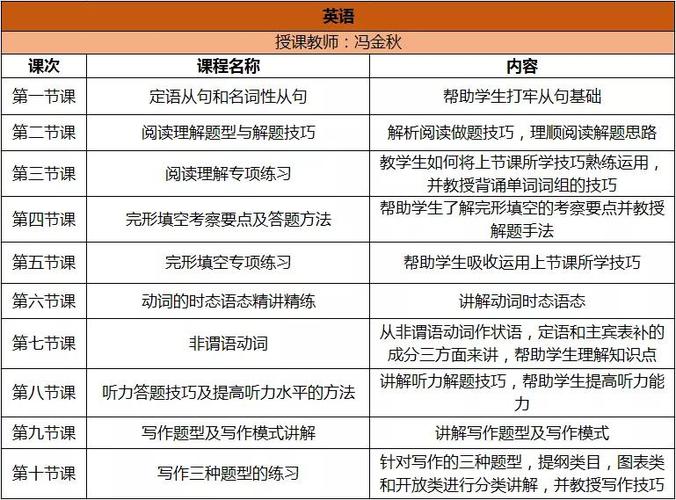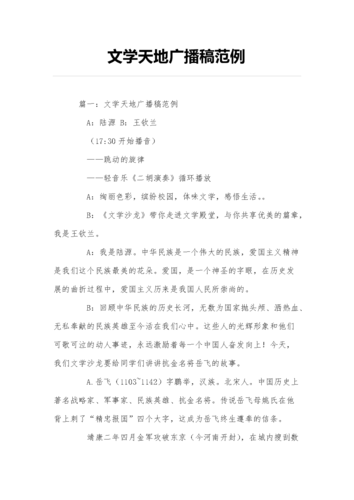语文学科六门学科英文怎么写
English: One of the Six Major Subjects in Language Arts Curriculum

As one of the six major subjects in the language arts curriculum, English is a crucial component of a wellrounded education. It encompasses various aspects of language, literature, communication, and culture, providing students with essential skills for both academic and realworld contexts. Let's take a closer look at the key areas of study within the English curriculum.
English education focuses on developing language skills, including reading, writing, listening, and speaking. Reading comprehension is emphasized to enhance students' ability to understand and interpret different types of texts, ranging from classic literature to contemporary articles. Writing skills are honed through composition, creative writing, and analytical essays, aiming to improve students' ability to express themselves effectively. Listening and speaking activities help students become adept communicators, capable of engaging in discussions, presentations, and debates.
English curriculum introduces students to various literary genres, movements, and works from diverse cultural and historical contexts. By studying literature, students gain insights into human experiences, societal values, and the art of storytelling. Analyzing literary texts fosters critical thinking, empathy, and cultural awareness. Additionally, it encourages students to develop their own perspectives and interpretive skills, laying the foundation for a lifelong appreciation of literature.
English education delves into the mechanics of language, encompassing grammar, syntax, and vocabulary. Through understanding language structure, students learn to communicate clearly and correctly. They explore the rules of grammar and syntax, which form the foundation of effective writing and speaking. Vocabulary building is also emphasized to enhance students' expressive abilities and comprehension of complex texts.
Within the English curriculum, students engage with various forms of communication, including oral, written, and digital media. They learn how to craft persuasive messages, analyze media representations, and navigate the complexities of digital communication. Understanding media literacy and effective communication strategies empowers students to critically evaluate information, create meaningful content, and participate responsibly in today's interconnected world.
English education often incorporates the exploration of diverse cultures, traditions, and global perspectives through literature and language studies. By exposing students to a range of voices and experiences, the curriculum aims to foster empathy, understanding, and appreciation for cultural diversity. This not only enriches students' worldview but also prepares them to engage with global issues and contribute to a more interconnected society.
Research skills are integral to the English curriculum, equipping students with the ability to gather, evaluate, and present information effectively. From conducting literary analysis to exploring realworld topics, students develop strong research and information literacy skills. They learn how to cite sources, discern credible information, and construct wellsupported arguments, preparing them for academic pursuits and informed decisionmaking.
Conclusion
English as a core subject in the language arts curriculum plays a vital role in cultivating students' language proficiency, critical thinking abilities, cultural awareness, and communication skills. By engaging with language, literature, and communication in multifaceted ways, students are prepared to navigate the complexities of the modern world and contribute meaningfully to society.









